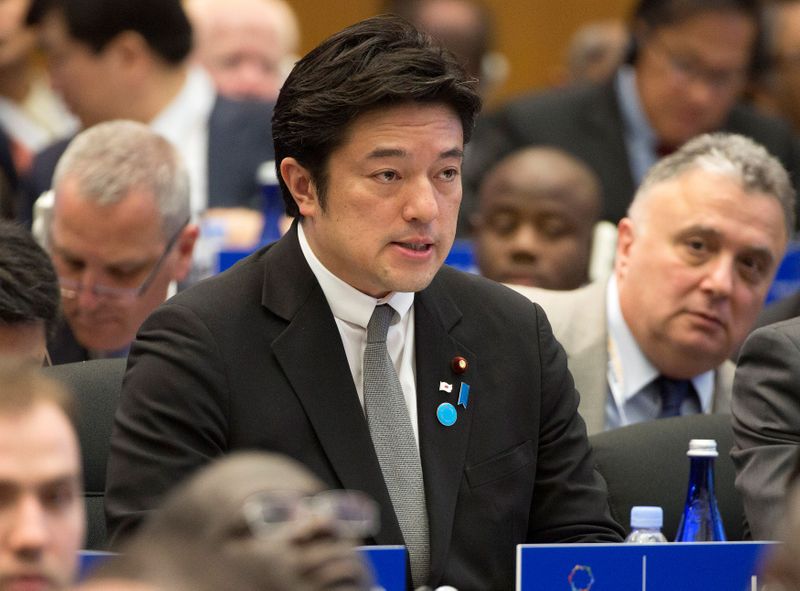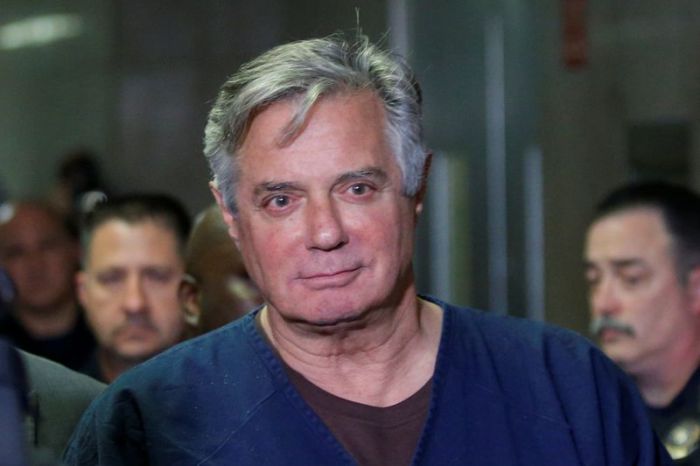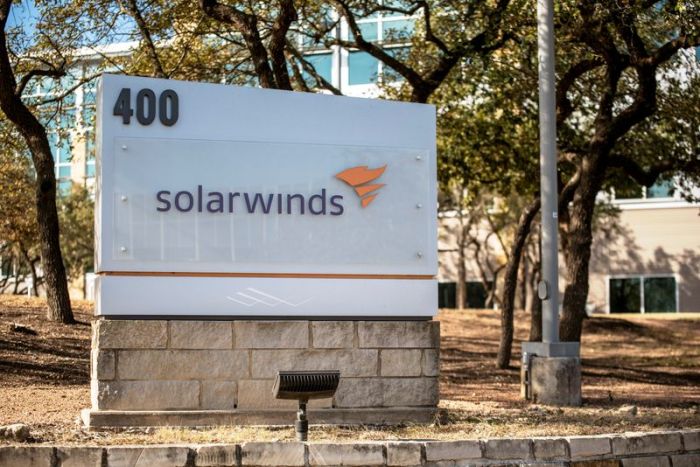TOKYO (Reuters) – A top Japanese defence official on Friday urged U.S. President-elect Joe Biden to “be strong” in supporting Taiwan in the face of an aggressive China, calling the island’s safety a “red line.”
“We are concerned China will expand its aggressive stance into areas other than Hong Kong. I think one of the next targets, or what everyone is worried about, is Taiwan,” State Minister of Defense Yasuhide Nakayama told Reuters.
In an interview, Nakayama, Japan’s deputy defence minister, urged Biden to take a similar line on Taiwan as outgoing President Donald Trump, who has significantly boosted military sales to the Chinese-claimed island and increased engagement.
Japan’s engagement with Taiwan has also flourished in recent years on a largely non-governmental basis. Tokyo maintains a “one China” policy, delicately balancing its relationships with neighbouring giant China and its longtime military ally in Washington.
Japan shares strategic interests with Taiwan, which sits in sea lanes through which much of Japan’s energy supplies and trade flow.
“So far, I haven’t yet seen a clear policy or an announcement on Taiwan from Joe Biden. I would like to hear it quickly, then we can also prepare our response on Taiwan in accordance,” Nakayama said.
During the presidential campaign, Biden called for strengthening ties with Taiwan and other “like-minded democracies.”
Decades ago as senator, Biden questioned whether the United States had an “obligation” to defend Taiwan. But many in his foreign policy circles acknowledge that U.S. imperatives have changed as a rising, authoritarian China has become more assertive and sought to shape global institutions.
An official in Biden’s transition team said the president-elect believes U.S. support for Taiwan “must remain strong, principled, and bipartisan.”
“Once in office, he will continue to support a peaceful resolution of cross-strait issues consistent with the wishes and best interests of the people of Taiwan,” the official said.
Beijing has been angered by increased U.S. support for Taiwan, including arms sales and visits to Taipei by senior U.S. officials, further straining already poor Sino-U.S. ties. China considers democratically run Taiwan one of its provinces and has never renounced the use of force to bring it under Beijing’s control.
‘RED LINE’
“Taiwan is China’s internal affair,” Chinese Foreign Ministry spokesman Wang Wenbin said on Friday. “We firmly oppose interference in China’s internal affairs by any country or anyone by any means.”
In Taipei, Foreign Ministry spokeswoman Joanne Ou noted the strong bipartisan U.S. support for Taiwan based on the “shared language” of freedom and democracy.
“Taiwan looks forward to working closely with the Biden team, to continue to steadily improve Taiwan-U.S. relations on the basis of the existing solid friendship,” she said.
U.S. officials in Tokyo could not be reached as the embassy was closed for Christmas.
“There’s a red line in Asia – China and Taiwan,” Nakayama said, citing a red line that former President Barack Obama declared over Syria’s use of chemical weapons – a line Damascus then crossed. Biden was Obama’s vice president.
“How will Joe Biden in the White House react in any case if China crosses this red line?” said Nakayama, who attended a memorial for the late former Taiwanese president Lee Teng-hui in August, before taking his defence position. “The United States is the leader of the democratic countries. I have a strong feeling to say: America, be strong!”
Chinese fighter jets in recent months have conducted waves of forays, including crossing the sensitive mid-line between China and Taiwan, ratcheting up pressure tactics to erode Taiwan’s will to resist, say current and former senior Taiwanese and U.S. military officers.
Taiwan deployed its navy and air force on Sunday as a Chinese aircraft carrier group led by the country’s newest carrier sailed through the sensitive Taiwan Strait, a day after a U.S. warship transited the same waterway.
(Reporting by Ju-min Park; Additional reporting by Ben Blanchard in Taipei, Yew Lun Tian in Beijing and Simon Lewis in Wilmington, Delaware; Editing by William Mallard and Diane Craft)

























